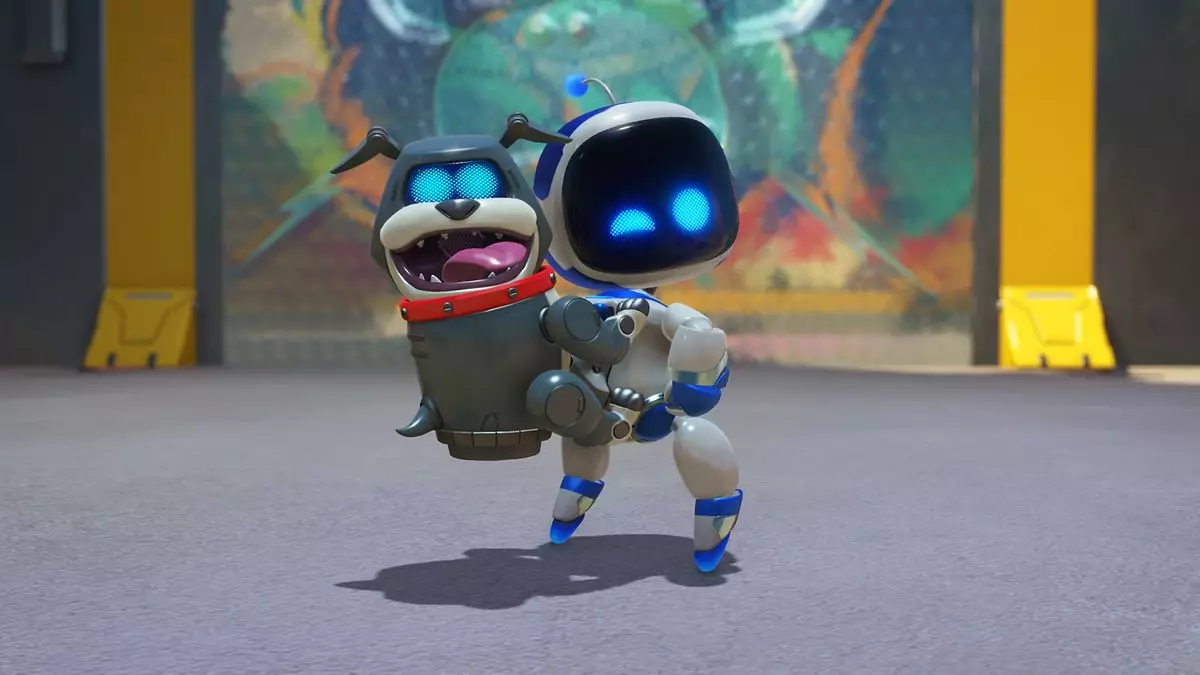Team Asobi, the developers of Astro Bot, initially toyed with the idea of creating an open-world game during the early stages of development. However, director Nicolas Doucet ultimately decided against this in favor of a more focused, segmented, level-based approach. This decision was made to ensure that the project remained cohesive and polished.
Doucet compared the decision to forego an expansive open-world in favor of a more concise experience to choosing between a buffet and a two-course meal. While a buffet may offer more in terms of quantity, a well-prepared two-course meal can leave a lasting impression. In essence, Doucet emphasized the importance of creating a memorable experience over simply providing a large amount of content.
The director also highlighted the advantages of a modular game design, where elements can be easily swapped in and out. This flexibility allows for adjustments to be made more efficiently during development, ultimately leading to a more refined end product. By avoiding unnecessary bloat, Team Asobi was able to focus on creating a streamlined and cohesive game experience.
Doucet’s comments speak to a design philosophy centered around quality over quantity. By opting for a more focused approach, the team behind Astro Bot aimed to create a game that would leave a lasting impact on players, rather than simply overwhelming them with content. This decision reflects a desire to deliver a polished and memorable experience, even if it means sacrificing some aspects of an open-world design.
Team Asobi’s decision to prioritize a focused, level-based structure over an open-world design highlights their commitment to creating a cohesive and polished game experience. By embracing a modular design philosophy and focusing on quality over quantity, they were able to craft a game that has resonated with players and critics alike.

